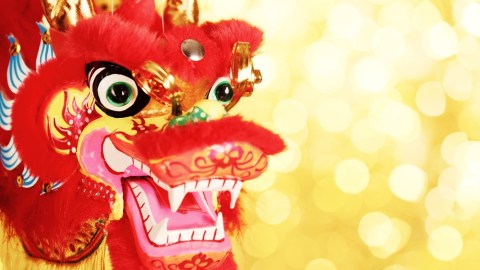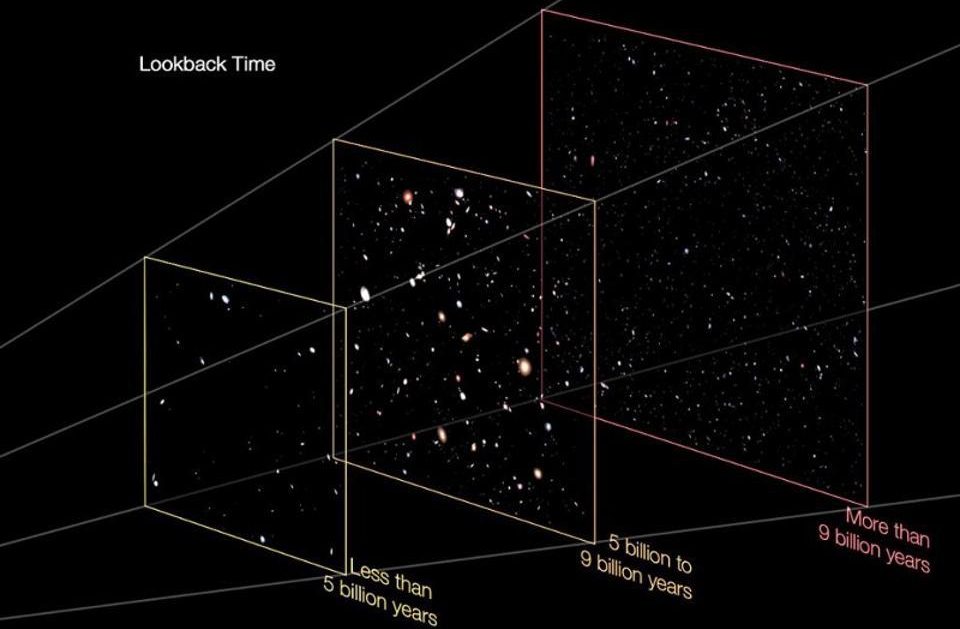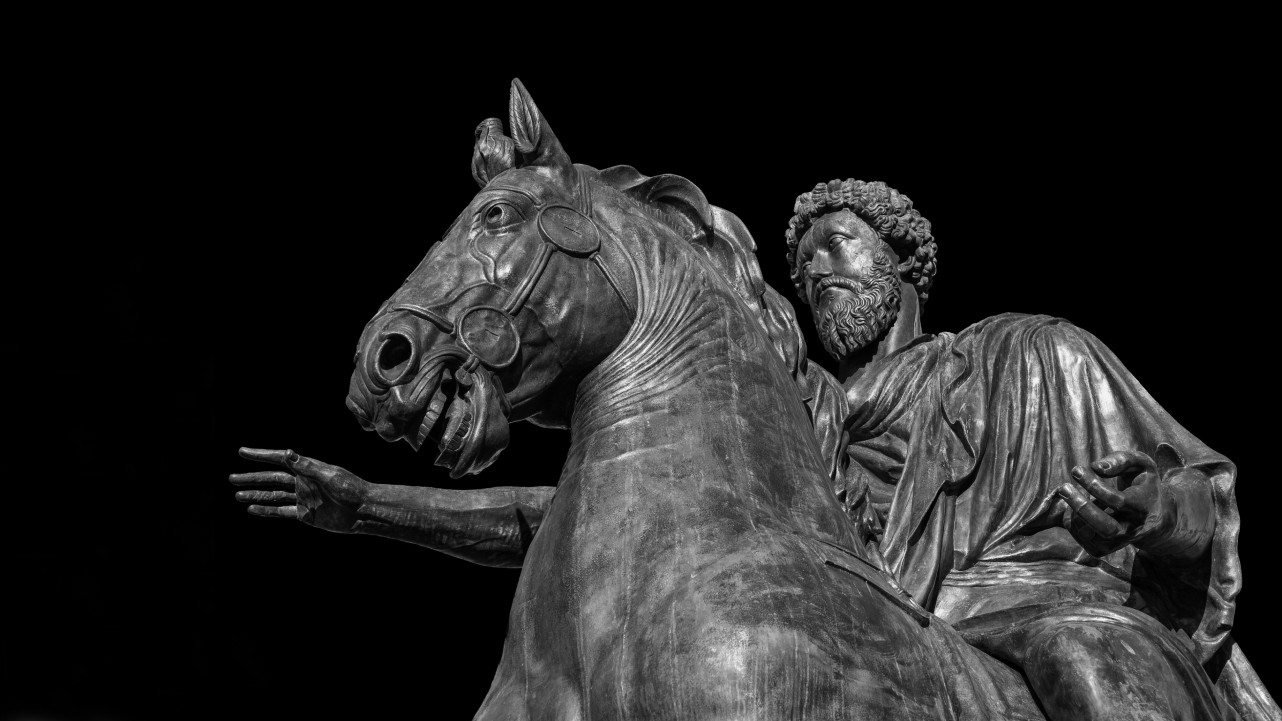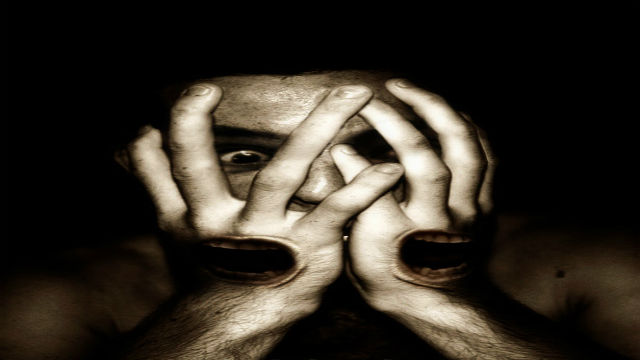Enter the Dragon: Here Comes China’s Creative Class

The Year of the Dragon – traditionally the year of big, innovative ideas and breakthrough projects – might just be the year that China’s creative class enters the global spotlight. The latest signal comes from the art world, where the market for Chinese artwork is exploding, putting new Chinese artists on the same footing as the greatest names in the Western artistic tradition. Last year, for the first time ever, Picasso and Warhol were being out-sold by Zhang Daqian and Qi Baishi. We already know that the Chinese are eating our lunch when it comes to the economy. Are they now taking over the creative industries as well?
Ever since the lead-up to the 2008 Beijing Olympics, there has been increasing chatter about the highly anticipated emergence of China’s creative class on the global stage. Five years ago, Fast Company profiled the types of high-profile Chinese creative talent – from actresses to furniture designers – who are changing the way China perceives itself. In turn, this new creative talent could power a new type of economic engine in China — an economic engine far removed from the traditional area of manufacturing. Whereas the Chinese once exported low-cost manufacturing goods, they could soon be exporting high-end creative products. “Made in China” may soon carry an entirely different connotation.
As Richard Florida first argued in The Rise of the Creative Class, the single best indicator of economic vitality is the presence of a strong creative class – not just artists and painters, but professionals in fields like advertising and web design. Imagine the new mega-cities of China filled with knowledge workers, ready to carry out a new wave of the Chinese economic miracle. According to a recent study from the Martin Prosperity Institute at the Rotman School of Management at the University of Toronto, three major cities – Beijing, Shanghai, Tianjin – now have accumulated a critical mass of the creative class. In these three cities, as the report points out, “the creative class share of the workforce is similar to those percentages of creative workers found in major cities of developed countries, scoring between 20% and 25%.” Imagine a version of New York’s Tribeca or SoHo district with young hipsters drinking espresso and hanging out in trendy bars, only transplanted to China.
Perhaps the only comparable transformation of Chinese culture in recent history has been – drum roll, please – the Chinese Cultural Revolution brought on by Chairman Mao over a nearly ten-year period (1966-1975). Whereas once culture was subsumed under the power of the state, something very different is happening now, with culture now returning to the domain of the private sector. Moreover, there has been a reverse diaspora effect in China, with Chinese from abroad repatriating back to the country to take advantage of new opportunities throughout the economy.
Writing off the Chinese economy as a bunch of cheap exporters, manufacturing sweatshops and currency manipulators is too easy a story for the West. The story of Chinese cultural transformation is much broader, much more complex. The art market may be the proverbial canary in the coalmine: if we continue to see Chinese masters out-selling Warhol and Picasso, we’ll know that the Chinese creative transformation is here to stay. The U.S. stood aside and let the Chinese hollow out our manufacturing sector. Can we afford to let our knowledge-intensive creative industries also be overtaken by the Chinese dragon?
Image: Chinese New Year Decoration / Shutterstock





